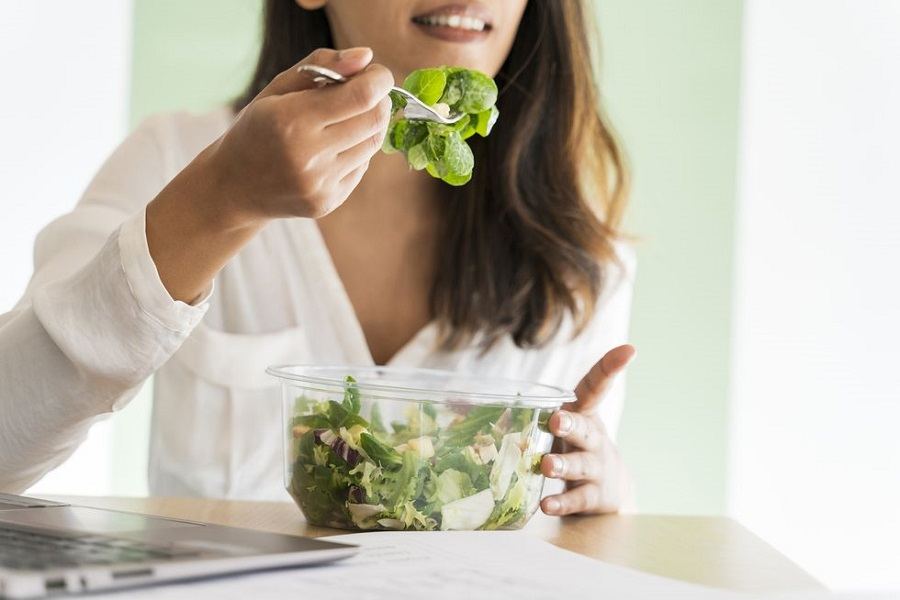Losing weight can be a challenging process, but it can be made easier by following a healthy and balanced diet. In this article, we’ll explore some foods and nutrients that can help you achieve your weight loss goals.
- Protein
Protein is an essential nutrient for weight loss, as it helps to increase feelings of fullness and can reduce overall calorie intake. Additionally, consuming protein can help to preserve muscle mass while losing weight.
Good sources of protein include lean meats, poultry, fish, eggs, beans, and lentils. Protein supplements such as whey protein powder can also be a convenient way to increase protein intake.
- Fiber
Fiber is another important nutrient for weight loss, as it helps to slow down the digestion of food and increase feelings of fullness. Additionally, consuming fiber can help to regulate blood sugar levels and support overall gut health.
Good sources of fiber include fruits, vegetables, whole grains, nuts, and seeds. Aim to consume at least 25 grams of fiber per day.
- Complex Carbohydrates
While some diets may recommend cutting out carbohydrates entirely, consuming complex carbohydrates can be helpful for weight loss. Carbohydrates provide the energy needed for physical activity and can also help to regulate blood sugar levels.
Good sources of complex carbohydrates include whole grains, fruits, and vegetables. Avoid simple carbohydrates such as sugary snacks and drinks, as they can spike insulin levels and lead to weight gain.
- Healthy Fats
Healthy fats are important for weight loss, as they can help to increase feelings of fullness and reduce overall calorie intake. Additionally, consuming healthy fats can help to reduce inflammation and support overall health.
Good sources of healthy fats include nuts, seeds, avocado, olive oil, and fatty fish like salmon. Avoid unhealthy fats found in processed foods and fried foods, as they can contribute to weight gain and inflammation.
- Portion Control
While the types of foods you consume are important, portion control is also key for weight loss. Eating too much of any food, even healthy foods, can lead to weight gain. Pay attention to serving sizes and practice mindful eating, which involves being present and aware of your food choices and how they make you feel.
- Hydration
Staying hydrated is important for overall health and can also support weight loss. Drinking water can help to increase feelings of fullness and reduce overall calorie intake. Additionally, staying hydrated can help your body better metabolize stored fat.
- Mindset
Finally, it’s important to have a positive and realistic mindset when trying to lose weight. Remember that weight loss is a journey and that it takes time and effort. Instead of focusing on short-term results, focus on making sustainable changes to your diet and lifestyle. Celebrate small victories along the way and don’t be too hard on yourself if you slip up.
Losing weight can be a challenging process, but by following a healthy and balanced diet that includes protein, fiber, complex carbohydrates, healthy fats, and adequate hydration, it is possible to achieve your weight loss goals. Additionally, paying attention to portion control and having a positive mindset can help to make the journey easier and more sustainable. Remember to also consult with a healthcare professional before making any significant changes to your diet.


